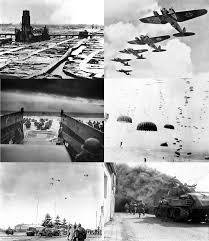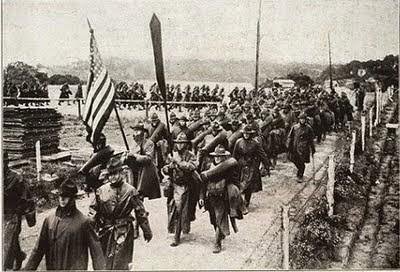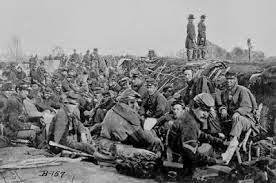WORLD WAR ONE (1)

World War I marked the first major international conflict in the twentieth century. The assassination of Habsburg Archduke Franz Ferdinand became the originator of this war, which began in August 1914, and continued with several other battles over the next four years. During World War I, Entente Powers - Britain, France, Serbia and the Russian Empire (Italy, Greece, Portugal, Romania and the United States joined in) - fought against Central Powers - Germany and Austria-Hungary Ottoman and Bulgarians join forces). The initial enthusiasm soon faded as the war was caught in a stagnant war involving costly battles and trench warfare. The Western Front's trench and fortress system extends to the longest line of 475 miles. The extent of the Eastern Front blocked large-scale trench warfare, but the scale of the conflict was as great as the Western Front. Fierce battles also occur in Northern Italy, in the Balkans, and in Ottoman Turkey. The fighting takes place at sea and, for the first time, takes place in the air.
World War I was one of the most destructive wars in modern history. Nearly ten million soldiers were killed, a far greater number than the number of military casualties killed from all wars in the previous hundred years. An estimated 21 million people were injured in the fighting. The large number of victims is partly due to the use of new weapons, such as machine guns and gas warfare. On July 1, 1916, the highest number of casualties in a single day, more than 57,000 British soldiers in the Somme were killed. The highest number of military casualties is on the side of Germany and Russia: each estimated at 1,773,700 and 1,700,000. France lost sixteen percent of the troops it deployed. Experts estimate that as many as 13,000,000 non-combatants died as a direct or indirect result of the war. Death rose sharply at the end of the war with the emergence of the plague "Spanish flu," the deadliest influenza pandemic in history. Millions of people are expelled or removed from their homes. The loss of property and industry is enormous, especially in France and Belgium, where the greatest battle is happening.


At 11:00 am on November 11, 1918, the battle was halted on the Western Front. The "Great War," the term used by the people of that time, has ended, but the impact of conflicts that extend far into international, political, economic and social aspects can still be felt for the next few decades.